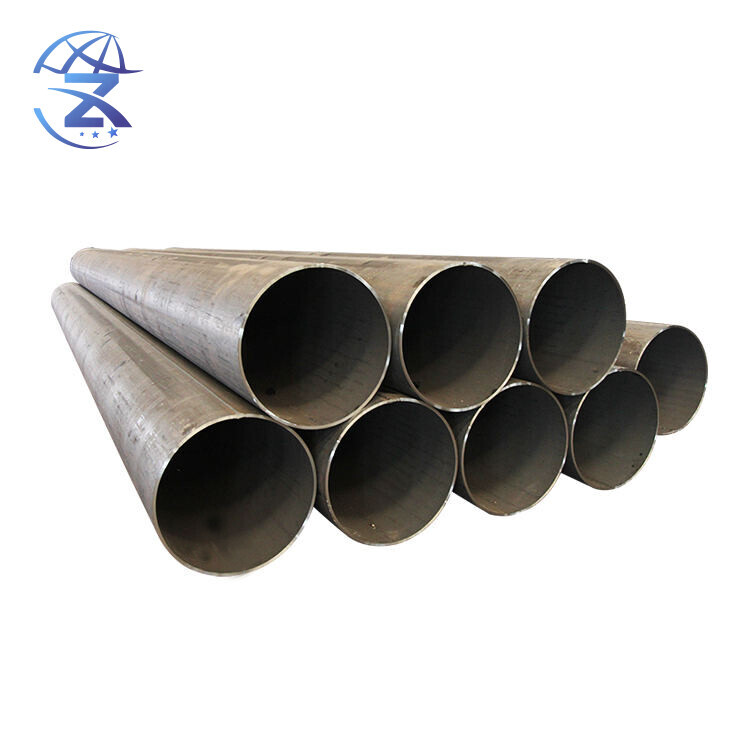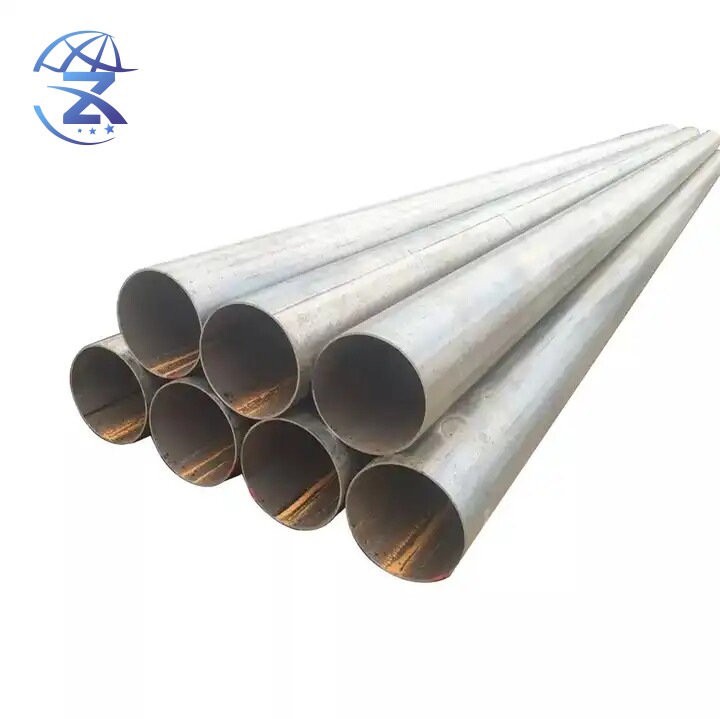Key Attributes
API 5CT Casing and Tubing Chemical Composition:
API 5CT Casing and Tubing Mechanical Proeperty:
Product Details
What is Casing and Tubing?
Casing is the major structural part of a well. It is widely used for fastening oil and gas well wall or bore hold, with bigger diameter than tubing pipe, including surface casings, technical casings and oil layer casings. In practice, to prevent the wellbore from collapsing, a steel pipe should be installed and cemented in the wellbore. It can maintain borehole stability, prevent possible contamination of water sands, isolate water from producing formations and control well pressures during drilling, production, and operations.
Tubing basically means a tube running inside casing and serves as a channel through which oil and gas is produced. It must be adequately strong enough to resist loads and deformations associated with production and workovers. It should also be sized to support the expected rates of production of oil and gas. If the tube is too small, it would restrict production and subsequent economic performance of the well. If too large, however, it will have an economic impact beyond the cost of the tubing string itself, because the tubing size will influence the overall casing design of the well.

API 5CT Steel grade refers to the yield strength of the products. Generally, the steel grade of API 5CT can be divided into the below categories:
API 5CT H40 Low in yield strength, and usually it is not used in tubing sizes.
API 5CT J55 It is the standard grade for tubing in relatively shallow and low pressure wells on land.
API 5CT K55 It is similar to the J-55 except that the minimum tensile strength of K-55 is higher.
API 5CT M65 It is mainly used for drilling the oil and gas wells and transporting oil and gas.
API 5CT N80 (1,Q)
Grade N-80 is a relatively old grade with essentially open chemical requirements. It is acceptable for sweet oil and gas wells. It can be further divided into two types: N-80-1 and N-80-Q. Both types share the same tensile strength but differentiate in delivery conditions.
Grade N80-1 can be either normalized or hot rolling.
Grade N80-Q must be through quenching-and-tempering heat treatment before delivery.
API 5CT L80 (1, 9Cr,13Cr)
L-80 is a restricted yield-tubing grade which is divided into three types. L80-1, L80-9CR and L80-13Cr.
L80-1 is more subject to weight-loss corrosion. It is used commonly in many oil and gas fields because of higher strength..
L80-9CR and L80-13Cr are difficult to manufacture but they have strong corrosion resistance abilities. They are recommended to be used in heavily corrosive wells.
API 5CT C90 C-90 is a relatively new API grade, it includes C90-1 and C90-2. Typical, this grade must be special ordered.
API 5CT T95 T-95 has relatively high strength and is SSC resistant but not weight-loss resistant. It is also have two types: T95-1 and T95-2.
API 5CT P110 A high strength steel grade, which allows quenching-and-tempering heat treatment. It can be adopted in high pressure deep wells.
API 5CT Q125 Grade Q-125 is high strength and it can bear quite high pressure.
API 5CT Pipe Connections:
API 5CT is applicable to following connections which complied with API SPEC 5B:
short round thread casing (STC);
long round thread casing (LC);
buttress thread casing (BC);
extreme-line casing (XC);
non-upset tubing (NU);
external upset tubing (EU);
integral joint tubing (IJ).
Factory Video
Inquiry
To learn more about this product, you can submit your requirements here
Related Products
Leave A Message
If you are interested in our products and want to know more details, please leave a message here, we will reply you as soon as we can.




















